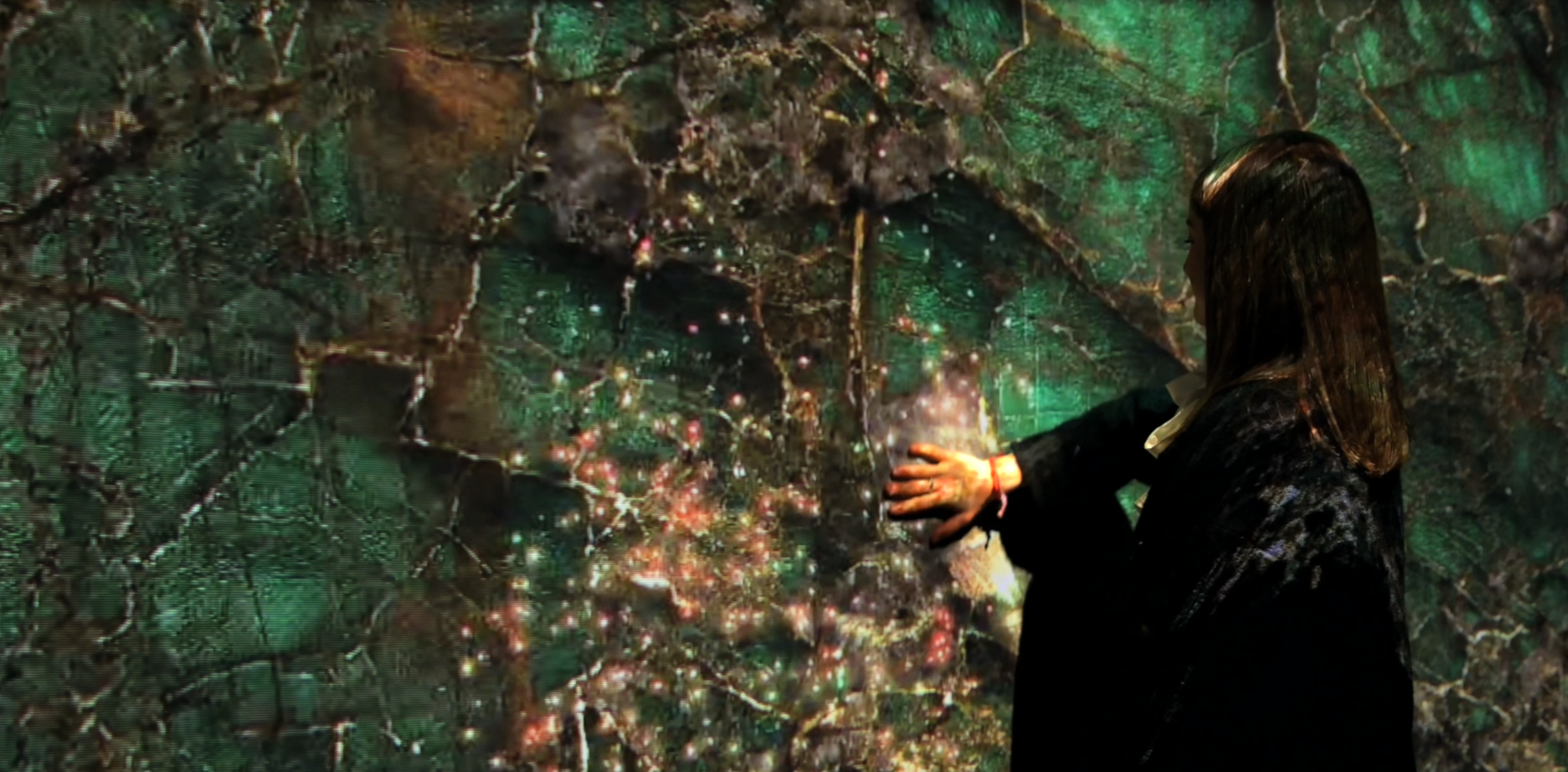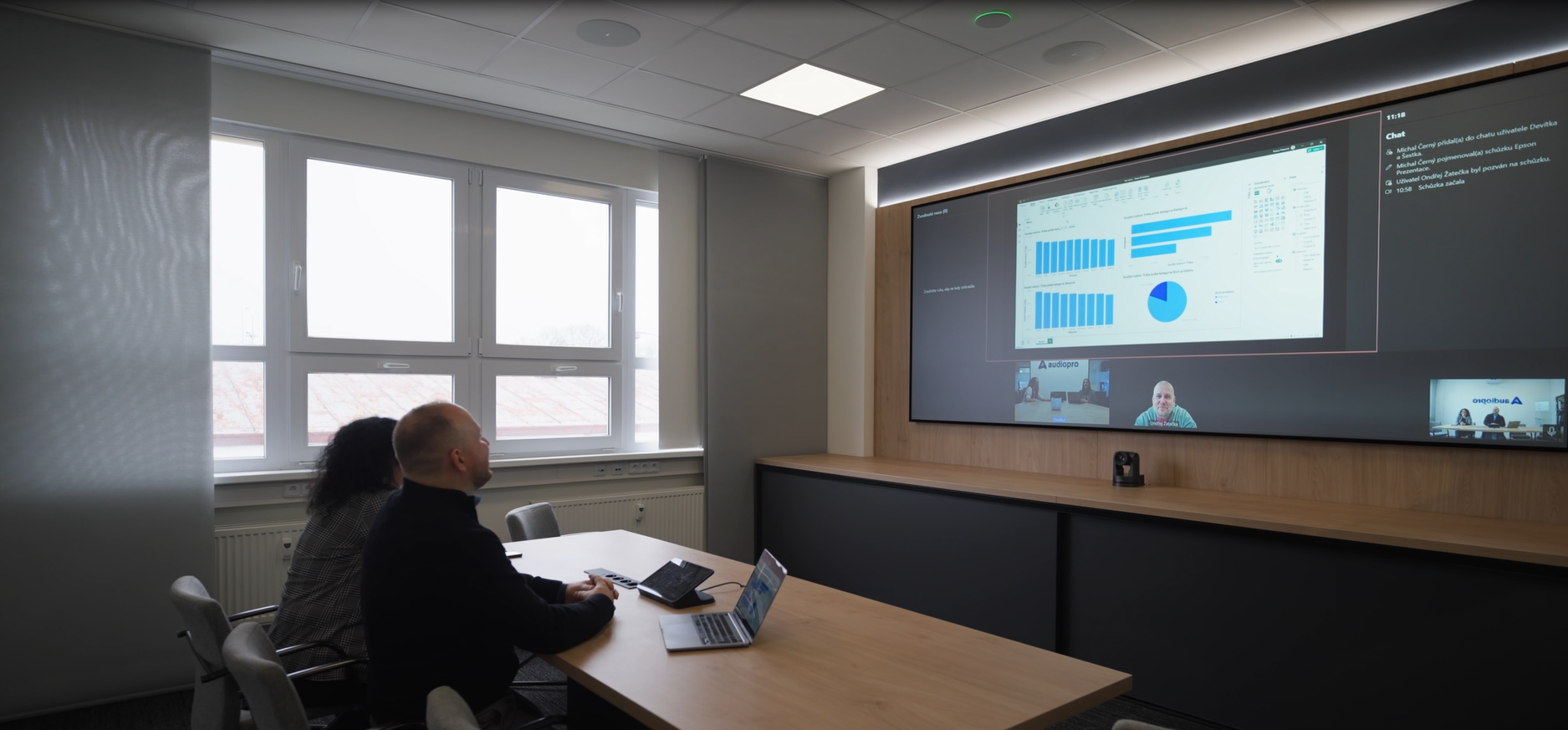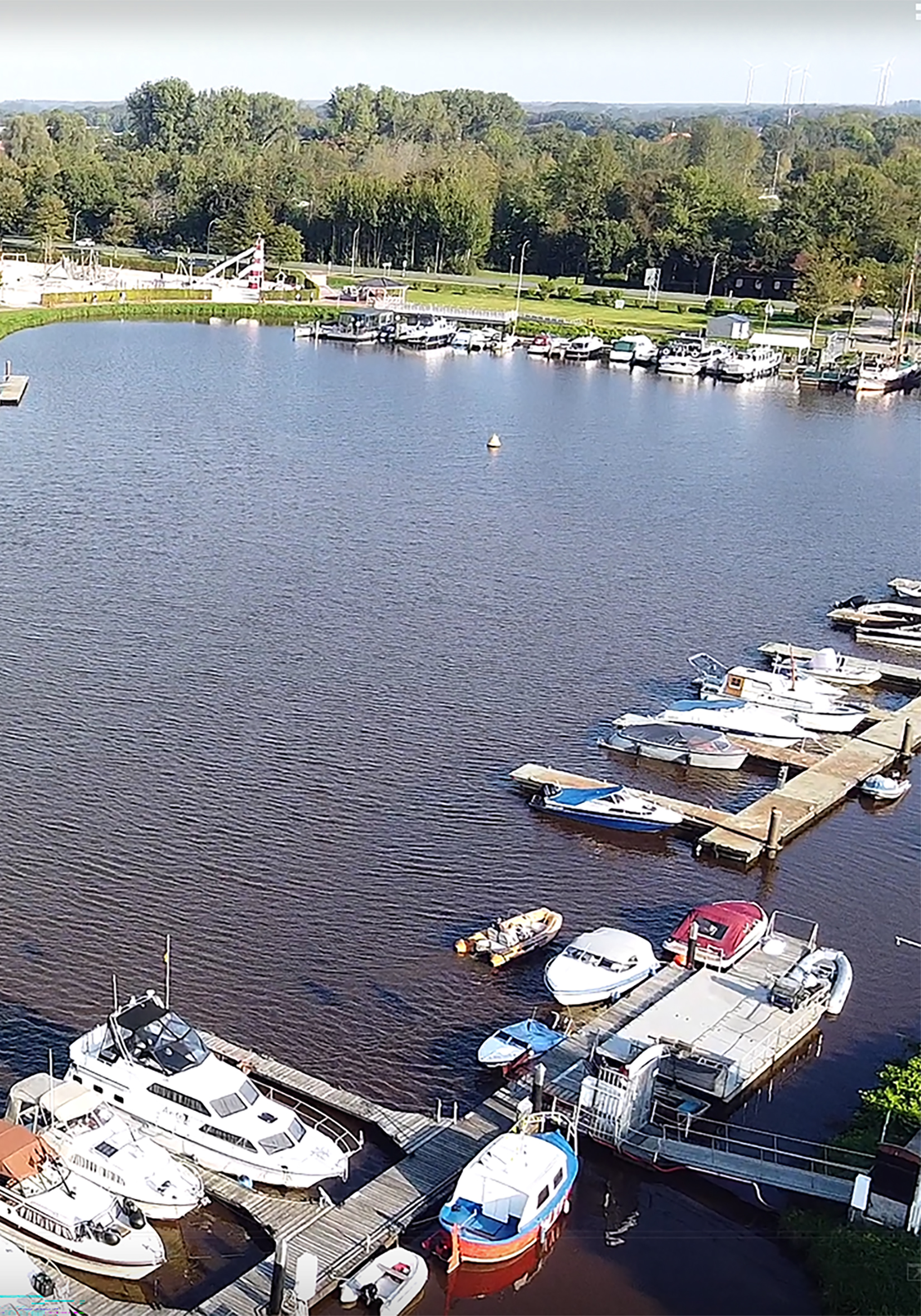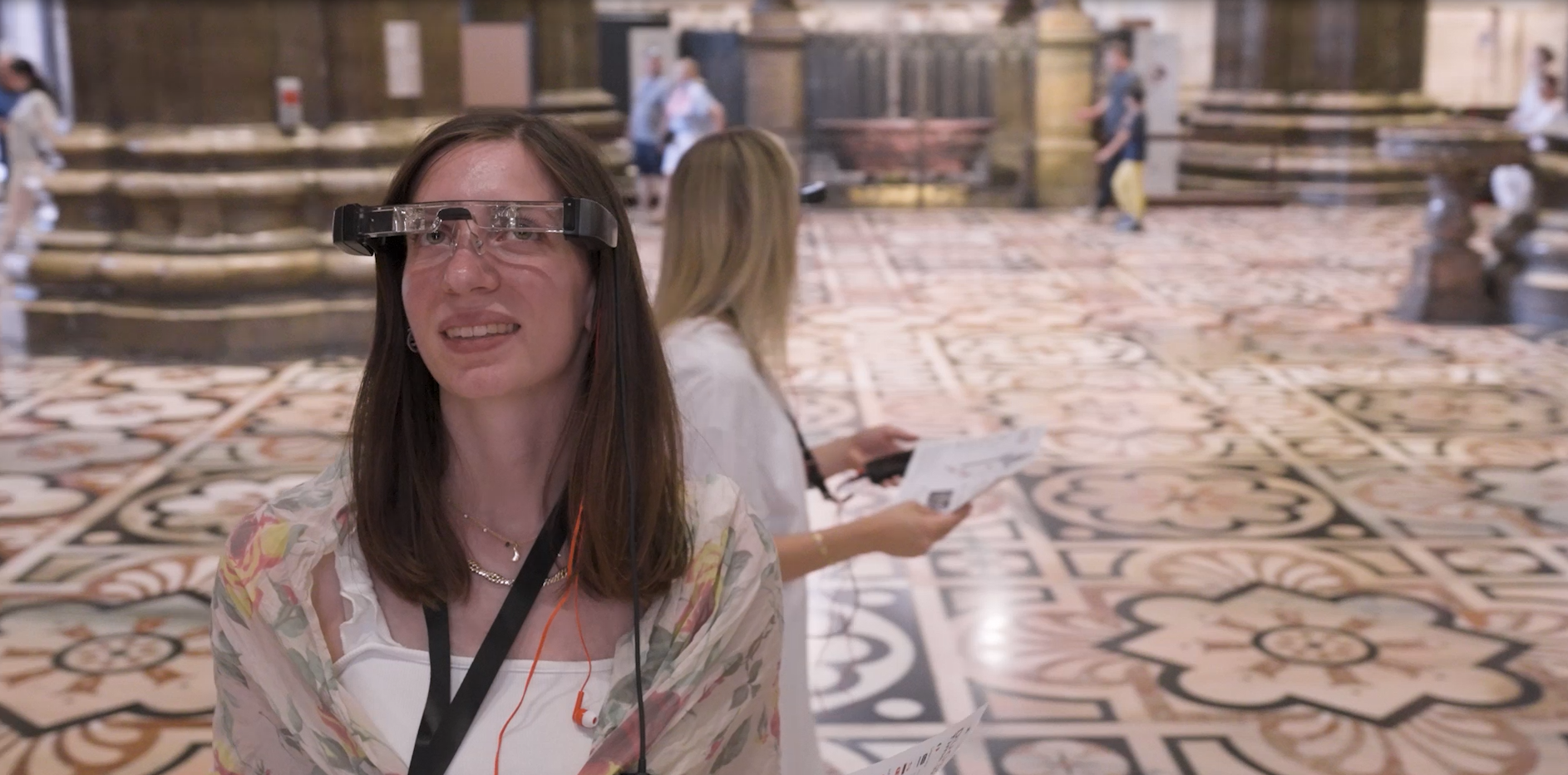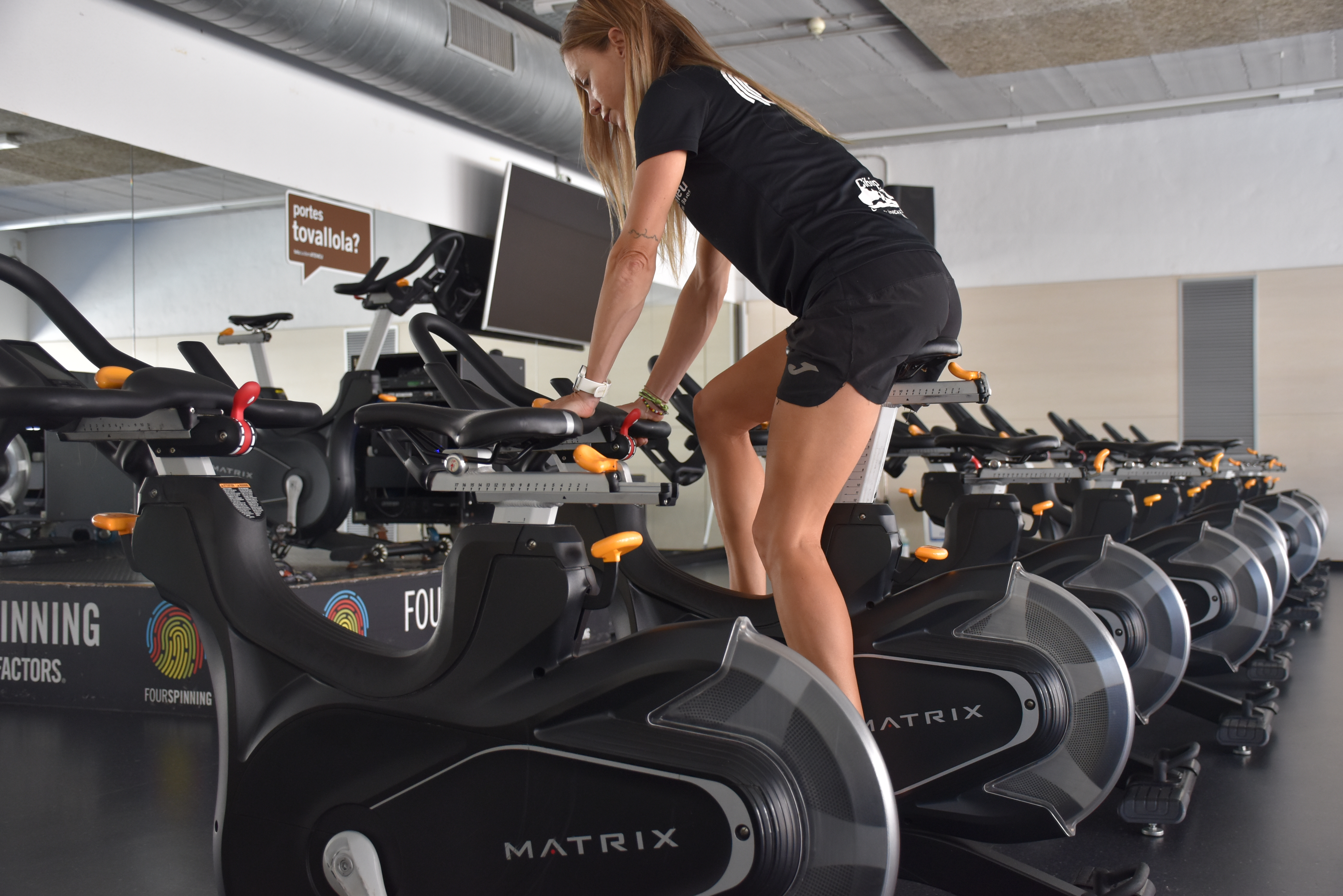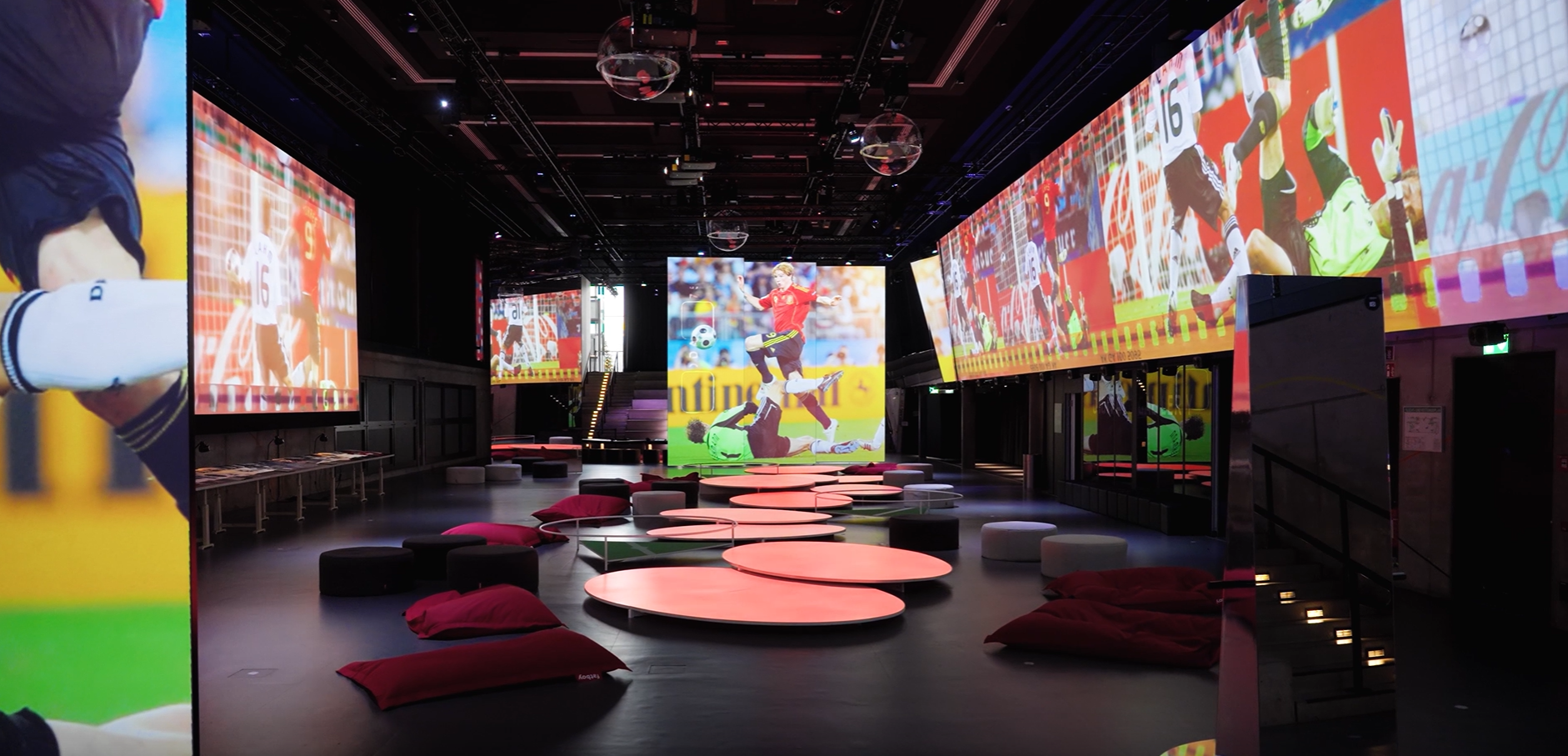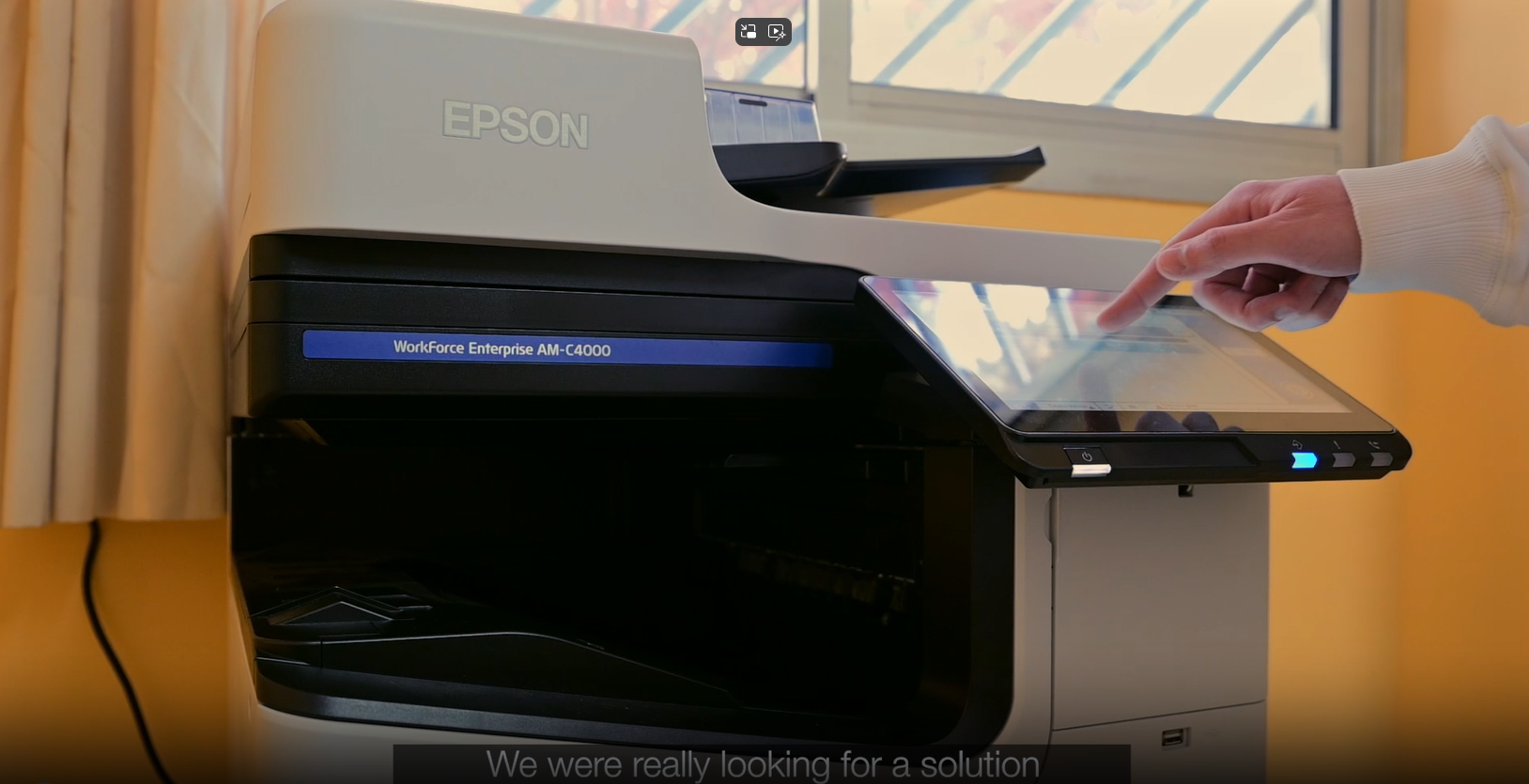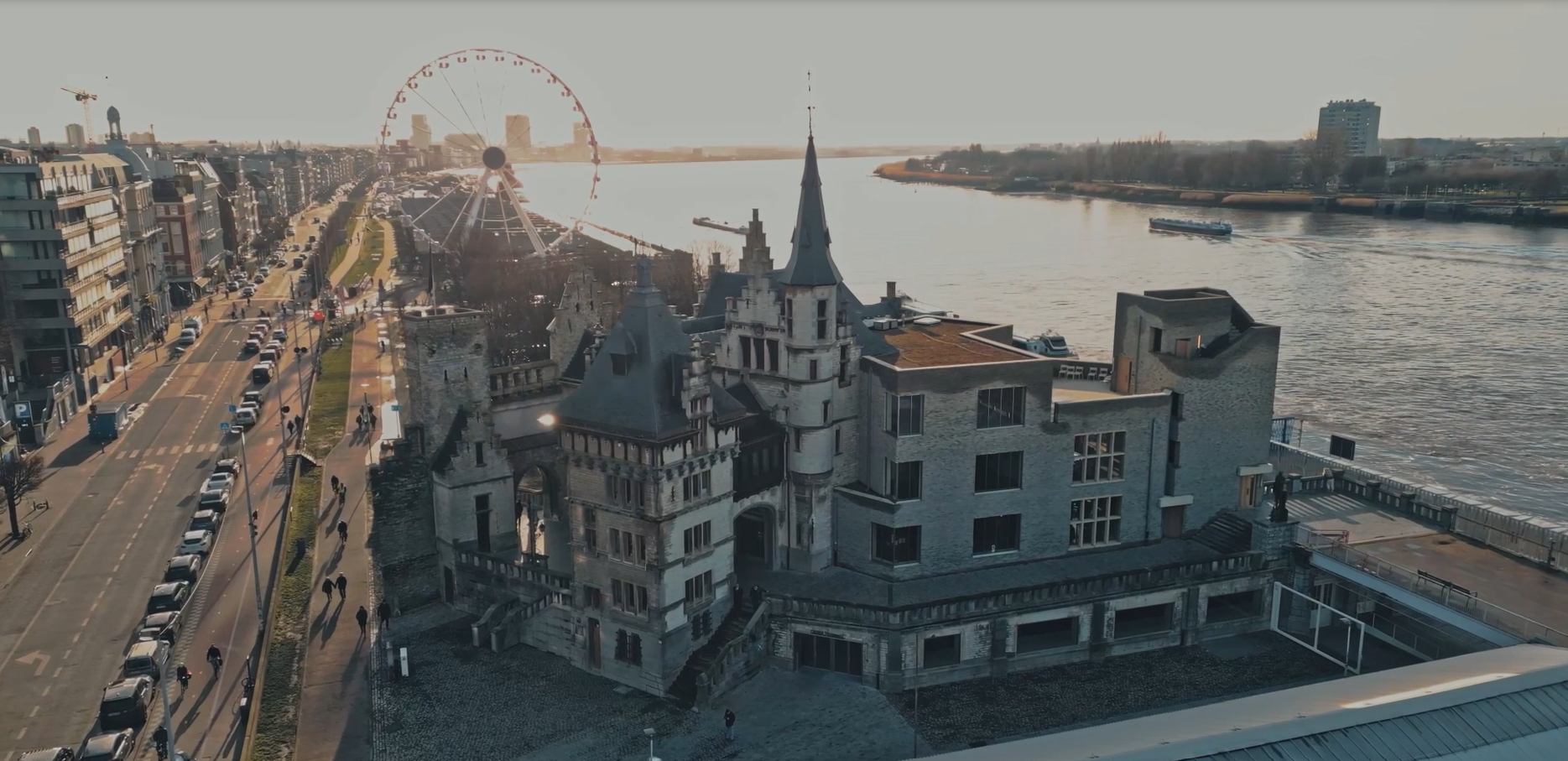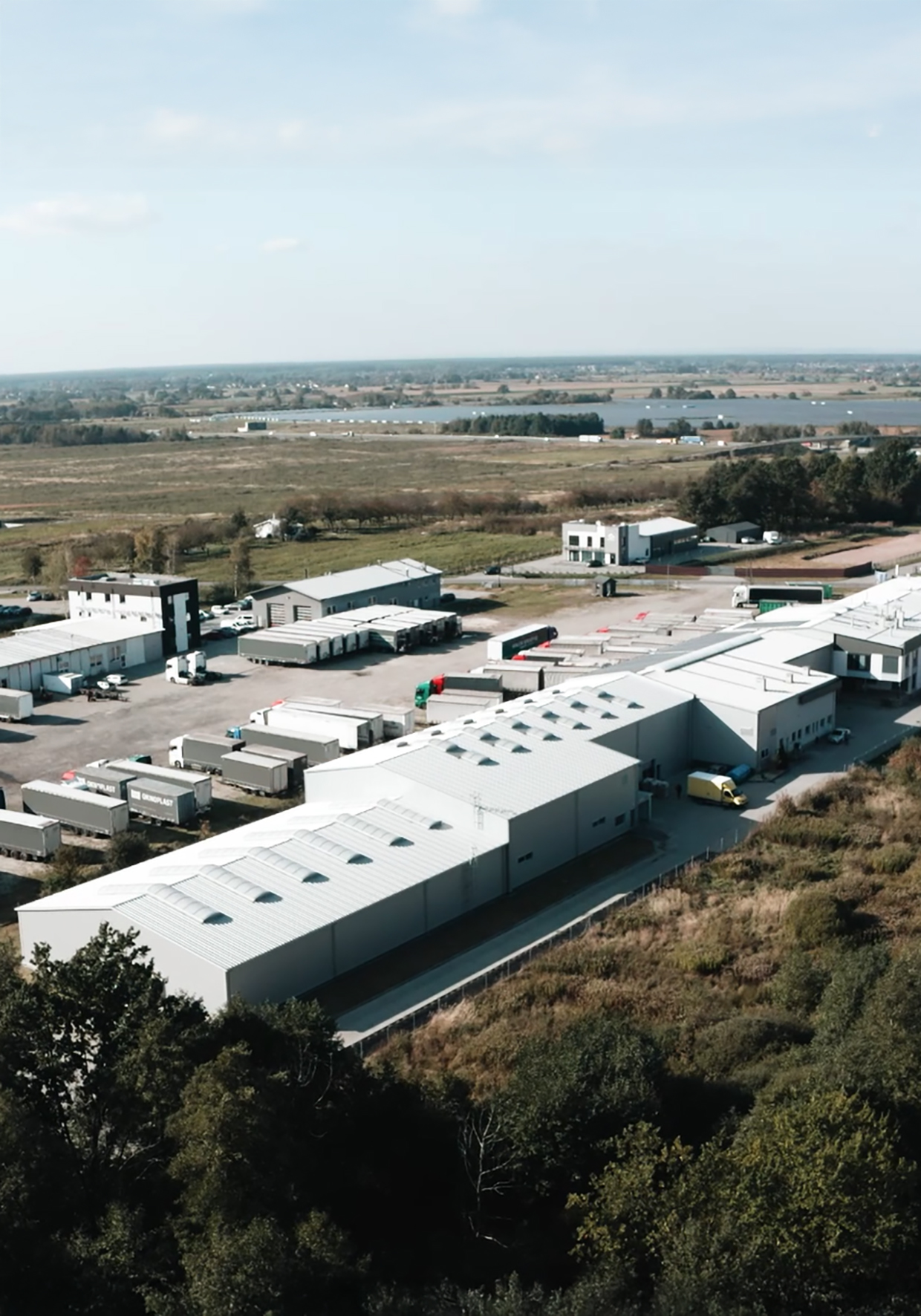A Walk in the past with Moverio smart glasses
Augmented Reality is a technology with enormous potential in the field of cultural heritage, as demonstrated by the experience of the Brescia Museums. Thanks to Moverio smart glasses and an application developed by ARt Glass, the museums have created a special guided tour through its archaeological area, offering visitors a unique experience.
A journey through art and spirituality in ancient Brescia
Brescia Museums was founded in 2003 by the Municipality of Brescia, and became a foundation in 2007. Its objective is to promote the cultural heritage of the city and is a pilot project in Italy for the management and improvement of the artistic and monumental richness that is truly remarkable in this area. Brescia, known to the Ancient Romans as Brixia, is home to the largest archaeological site in Northern Italy. These Ancient Roman ruins cover 4,200 m² and include the archaeological remains of several buildings in this imperial city, most notably the Capitolium and the Theatre, as well as the Sanctuary from Roman Republic.
The Sanctuary is the most extraordinary building in the entire area. It was uncovered after long, complex excavation works and restoration began in 1992. The monument is preserved in a surprising way, as the encaustic murals decorating the walls, the mosaic floors and some cultic furniture have survived. This special case is unique in Northern Italy.
“We are delighted," says Luigi Maria Di Corato, Director of the Brescia Museums Foundation, "to give back to the citizens another important urban portion of the Roman city, by opening the Republican Sanctuary to visitors – a place that has been extraordinarily preserved in time and on the cutting edge of Italian archaeology.”
Ancient Brescia lives again thanks to augmented reality
Precisely because of its uniqueness, Brescia Museums have decided to promote the area in a "special" way: the entire area can be visited using Epson Moverio smart glasses, on a journey in Augmented Reality.
"We want to use technology to make out a platform where content is accessible for visitors who may know nothing about the ruins. This will allow them to experience the archaeological site in an active way, observing the 3D reconstruction of the monuments as they were more than 2,000 years ago through the glasses, and listening through the headphones to the site's history,” explains Mr Di Corato.
In this way, technology has become a tool for providing information, bringing local residents, tourists and students closer to history with an immersive approach. In doing so, Brescia Museums are keen that the cultural aspect is not forgotten, and the foundation is carrying out research to monitor the impact of the initiative.
"Thanks to the valuable relationship created between Soprintendenza Archeologia della Lombardia, the Municipality of Brescia, the Lombardy Region and the Brescia Museums, a well-structured archaeological site has been born," says Mr Di Corato, "where technology improves the user experience, with a constant aim of transforming historical information into a story that everyone can understand. The Augmented Reality experience is not only exciting, but also has a strong cultural impact, and the choice of using Moverio glasses has been a key part of this for us."
Epson technology is a time machine that takes the visitor to the past
ARt Glass was responsible for transforming into reality the desire to give visitors an immersive experience using Moverio glasses. This young Italian Company specialises in Augmented Reality applications for the cultural heritage sector. Working in continuous close contact with the management of Brescia Museums, the company developed a solution that guides visitors to key points on the tour, by playing videos and audios on the Moverio glasses as they walk through the past. An incredible time machine!
“The reaction of the visitors," says Mr Di Corato, "has been really positive: their amazement and enthusiasm have thrilled us. This shows how Augmented Reality has great potential in our sector to put archaeological findings into context and engage visitors, by arousing their curiosity with an emotional approach."
Moverio smart glasses are able to provide an experience that is unique and immersive, but not alienating. This because they allow users to stay in control and aware of their surroundings. It is precisely this feature that led Brescia Museums and ARt Glass to choose them. All you have to do is put them on and walk around the archaeological site, following the instructions that appear on the lens. When a person looks at certain points, a projection with an audio commentary starts automatically, showing what the area was like in Roman times and presenting the monuments as they appeared in ancient times.
"Moverio glasses," says Carla Conca, Sales Manager for Visual Instruments at Epson Italia, "are an ideal tool for visiting an archaeological site, thanks to their unique characteristics, in particular the binocular vision, the ability to view content in HD and 3D, and the ease of use. Also, thanks to the possibility of applying dark lens covers, there are no problems even when the surroundings are very bright, as may be the case on sunny summer days, because the videos retain an outstanding quality and, at the same time, visitors do not lose contact with the world around them."





